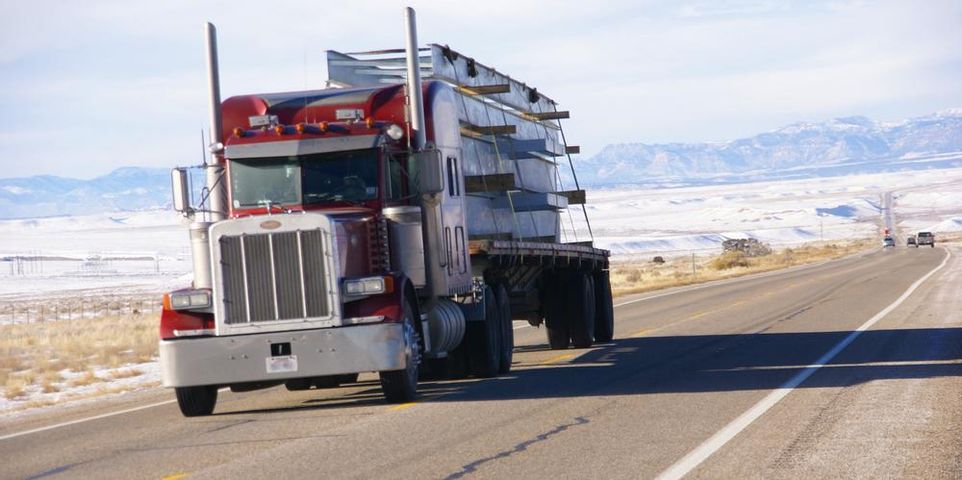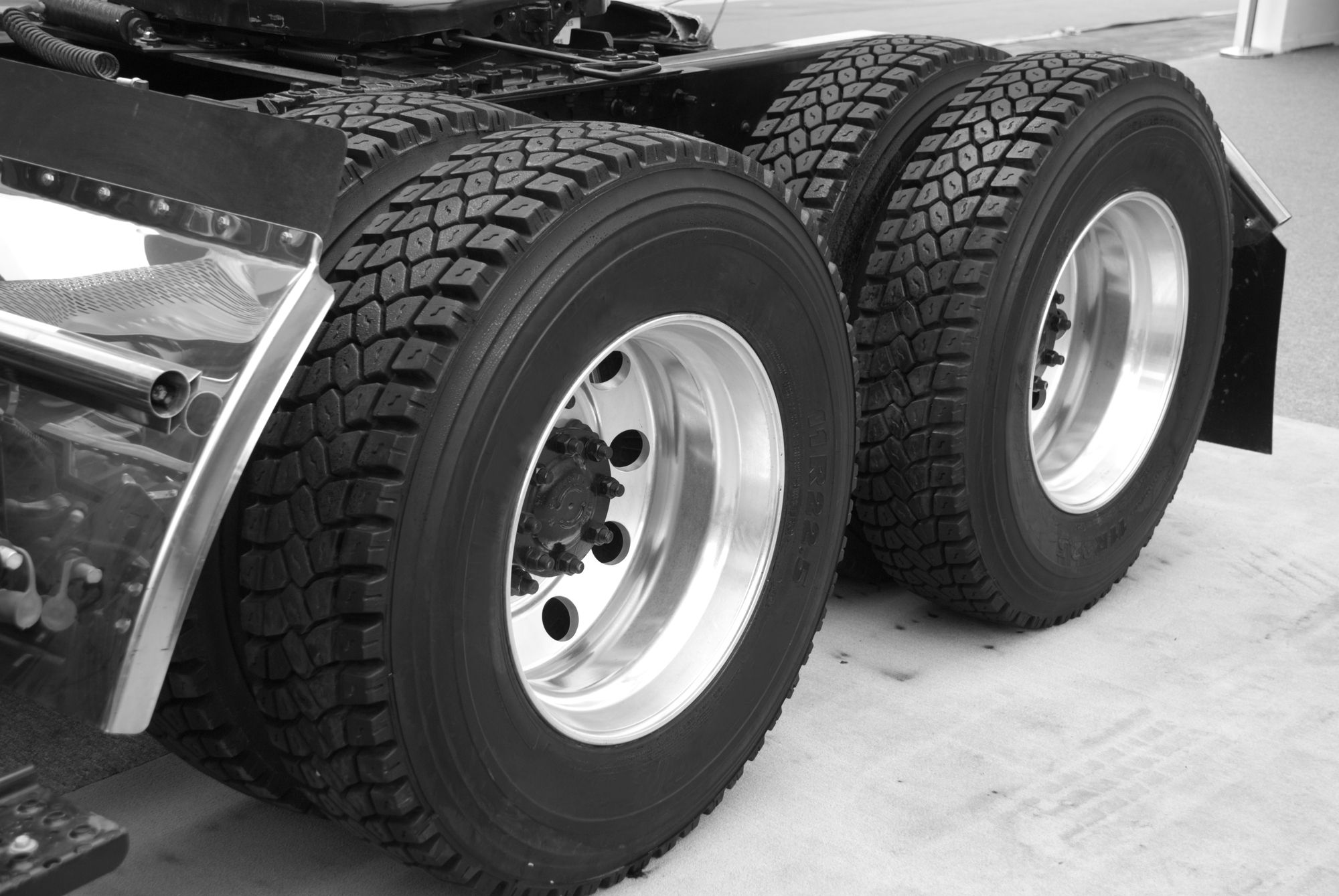How Does Cold Weather Affect Semi Truck Parts?

Piece updated January 2020.
The harsh Alaskan winter is tough on everything, including your vehicle. If you’re a trucker in the area, understanding how the weather affects your big rig will help you stay safe on the road. Here’s an overview of the truck parts that are most affected by the season and how to prevent damage.
4 Truck Parts Affected By the Cold Weather
1. Air Tanks
Semi-trucks use air suspension systems and air springs to control the brakes. If moisture collects in the air tank under freezing temperatures, it may damage the air circulation system, affecting your ability to stop and steer. This could also prevent the airbags from deploying.
Before traveling this winter, drain the air tanks and give the drain plugs time to completely dry out.
2. Tires
 When the temperatures drop quickly, molecules slow down, which makes the air compress.
When the temperatures drop quickly, molecules slow down, which makes the air compress.
Check your tire pressure when it’s particularly brisk out and at the onset of every trip. Extreme temperature changes can deflate them. Refill the air pressure as needed at gas stations and rest stops to prevent a flat or blowout.
3. Starting System
In the Alaskan cold, more energy is needed to fire up an engine. Drivers often need to idle their trucks around 900 RPM to 1200 RPM to heat bio-diesel fuel and make sure the oil reaches the engine heads. Idling your engine comes at a cost, though. The added runtime puts extra wear and tear on your ultracapacitor and preheater.
To protect your truck from the extreme temperatures, plug in an engine block heater when you’re getting ready to leave.
4. Fuel
Fuel additives are needed to keep the water in your diesel from freezing. Most gas stations use blends designed to handle at least 10 to 20 degrees below the temperatures in the region. However, some locations might use fuel left over from the warmer months. Make sure you ask what additives are used in every filling to avoid problems on the road.
If your fuel line freezes, your engine won’t run until the ice thaws. Cold fronts can also cause “gelled diesel,” which is when the natural wax content of the fuel partially solidifies. The solution to both these problems is to thaw the fuel line or pour in a fuel additive.
If you need truck parts in Anchorage, AK, turn to Power & Transmission Inc. In operation since 1972, this store is veteran-owned and carries an impressive inventory of accessories. Best of all, the team members at the shop are familiar with Alaska’s challenging terrain and weather. For advice on how to get your fleet winter-safe, call (907) 456-2230. To learn more about their selection of products, visit their website.
About the Business
Have a question? Ask the experts!
Send your question

